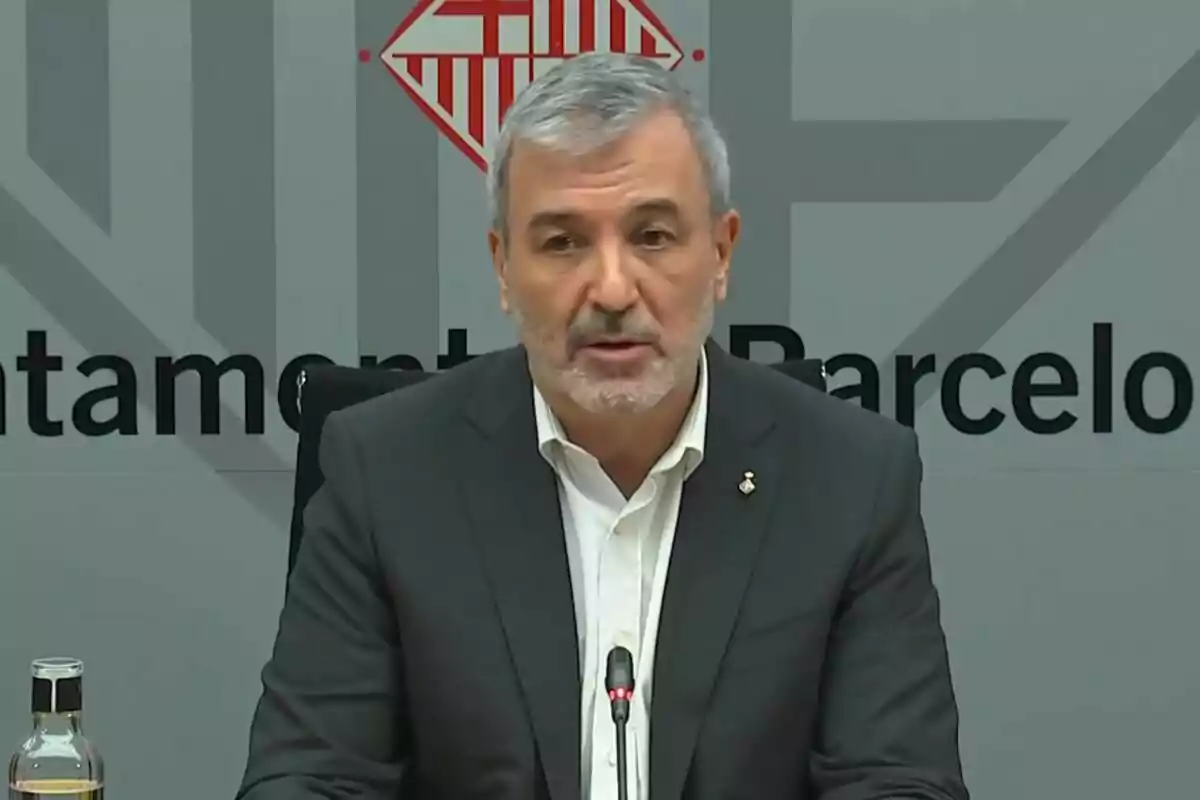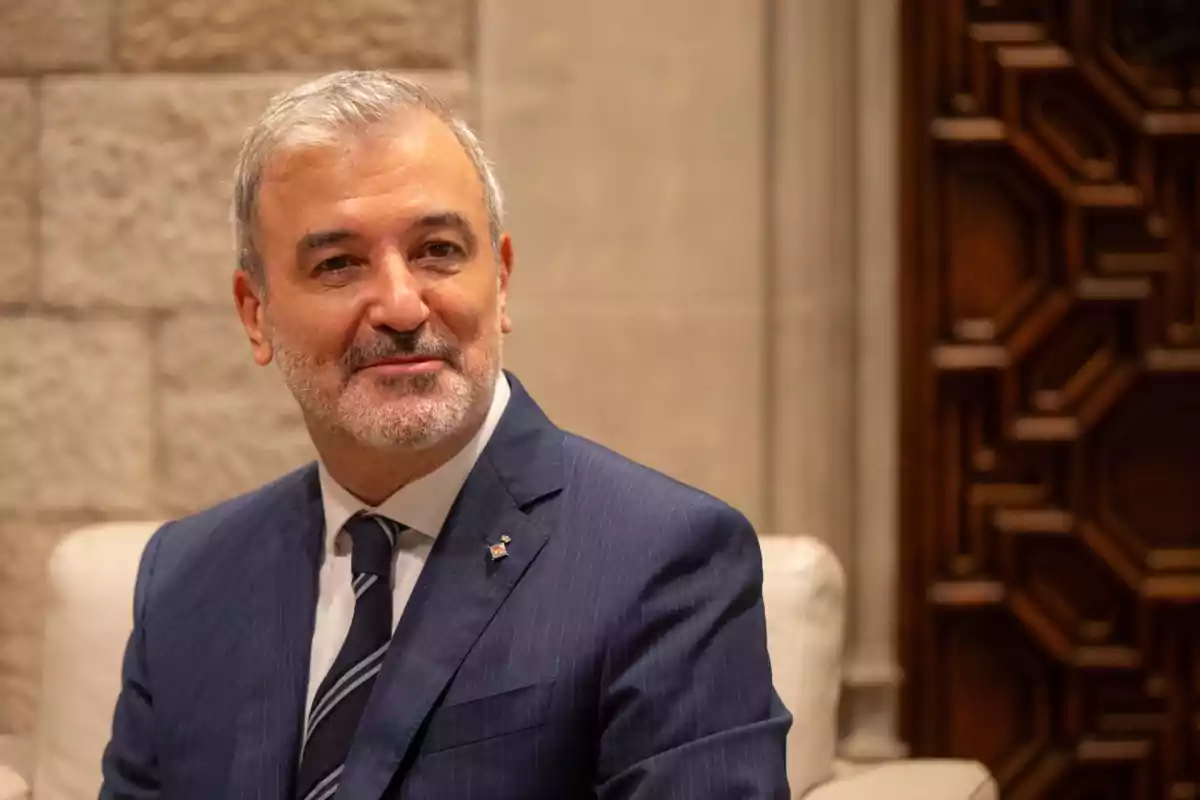
Jaume Collboni joins the exclusion pacts
The precedent set by Parliament is not clear: Limiting the freedom of expression of other political forces is delicate
Jaume Collboni has joined the trend of limiting "hate speech" in public spaces, using the regulations already being debated in Parliament as a model. Recently, Collboni announced that Barcelona City Council is working on an ordinance to combat "hate speech and discrimination." During a campaign against LGTBIphobia, Collboni emphasized the importance of not allowing the institutionalization of discriminatory messages.
The mayor of Barcelona indicated that these speeches, which include microsexism and microracism, are affecting EU countries such as Hungary. The ordinance project is still under legal review, but a pilot test is being carried out in the Sant Martí district. This neighborhood, located on the outskirts of the city, is characterized by its low income level and by growing social tension around immigration and illegal sales.
In Sant Martí, the group Unity Against Fascism and Racism, together with the Federation of Neighborhood Associations of Barcelona (FAVB), has urged councilors to amend the district's regulations to ban discriminatory and hate speech in plenary sessions. The proposal includes sanctions for those who violate the new code of conduct, and it could even lead to the expulsion of councilors.

The precedent is not clear
In Parliament, however, Collboni's plans and other similar initiatives face a more complex scenario. Parliament's lawyers have warned about the risks of acting arbitrarily when trying to limit others' speeches. In their report, the lawyers stress that freedom of expression and the protection of parliamentary speech are above other considerations.
Despite this, President Rull has expressed his intention to take action against Vox and AC, but he has encountered European case law. The risk of arbitrariness is one of the main concerns, since the control of parliamentary interventions must be rational and proportional.

The strategy of Parliament's lawyers is to prevent limitations on parliamentary speech from unfairly affecting some groups and not others. In this regard, some consider that the cordon sanitaire applied to Vox and Aliança Catalana is selective. Meanwhile, speeches like those of CUP, which can also be offensive, don't receive the same treatment.
In summary, Collboni's approach and the initiatives being implemented in Barcelona City Council reflect growing pressure to regulate freedom of expression. However, the nature of parliamentarism itself makes it difficult to justify that legitimately elected parties can't say certain things.
More posts: